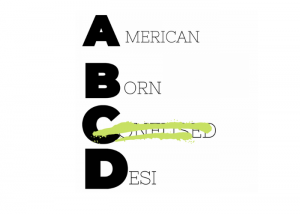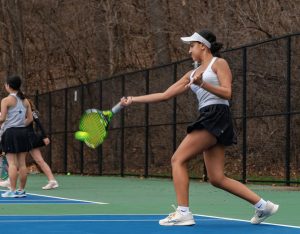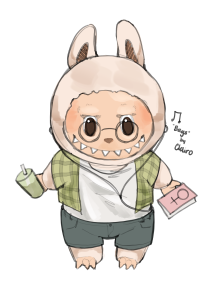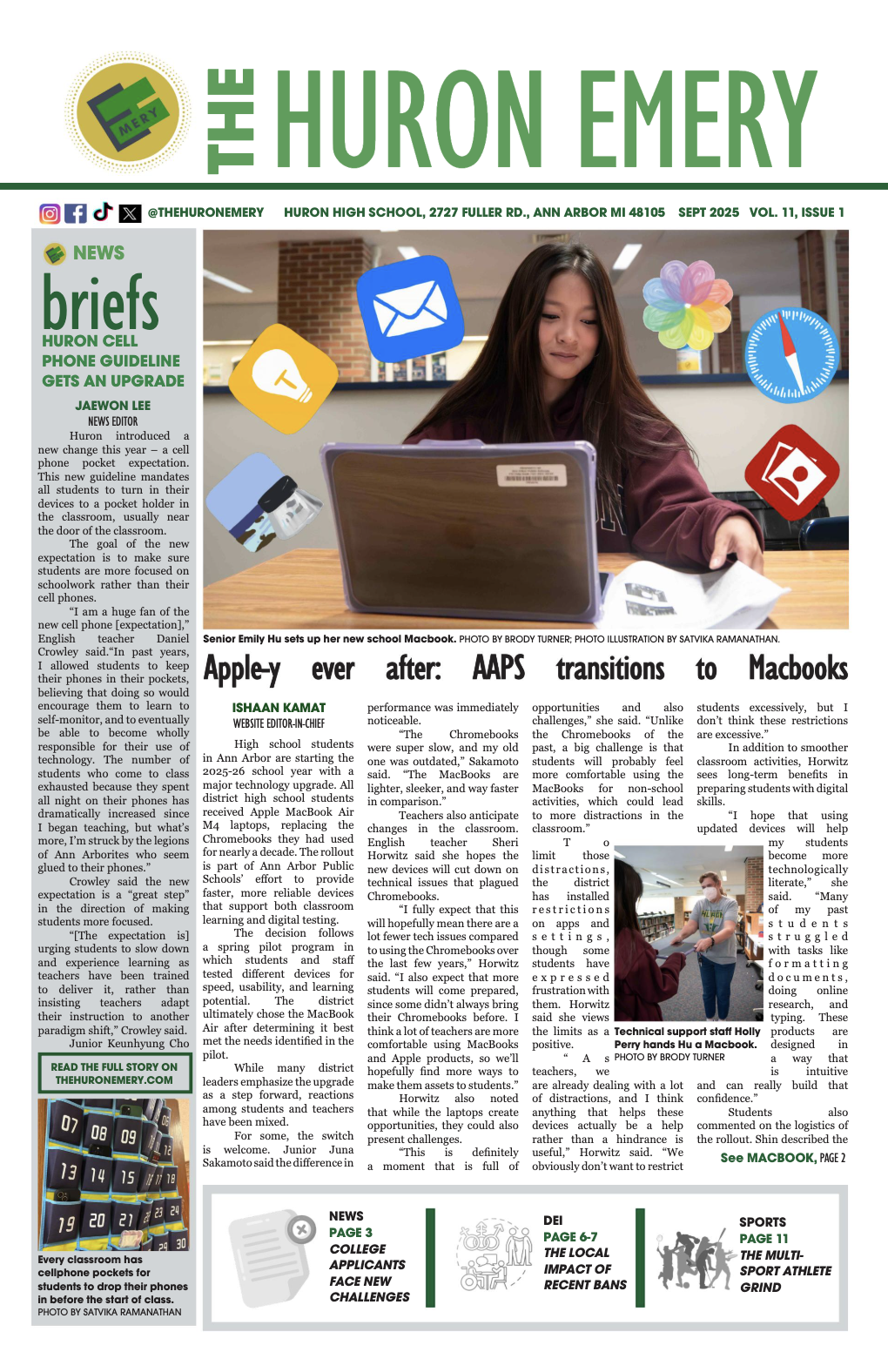Vulnerability is okay: Normalizing help-seeking

A recent study from the University of Arkansas found the most common reasons students felt reluctant to ask their teachers for help were because of time, the professor’s attitude/approachability, intimidation, the students didn’t want to feel stupid and they didn’t want to know what to ask.
December 20, 2021
School is hard. Obviously. And while challenging yourself can be incredibly helpful and allow you to leave your comfort zone, it can also have extremely negative side effects, especially if you’re unwilling to ask for help, whether by your own will or not. And this is something that many students struggle with.
“I find that students are afraid to ask for help if they haven’t done enough work on their own,” piano teacher Yangwei Situ said. “They learn what they need help with if they’ve tried already.”
However, there’s another side to this.
“It could also be that they don’t want to feel vulnerable,” Situ said. “Teachers want their students to learn how to be independent, but also give them the support they need.”
Not wanting to feel vulnerable can impact a student’s desire to ask for help, even if they desperately need it.
“It’s always kind of like a balancing act: to help, or to motivate self-driven learning,” Situ said. “I have to read kids very carefully. Is it laziness, or do they really need more help? Or do they have bad time-management skills? Because of this, opening up neutral conversations is definitely the best way to make them feel comfortable.”
And Situ is no stranger to struggling to ask for help, describing an instance where she was forced to look to others for assistance, too.
“I lived in Boston when I was a teenager, and once, I didn’t have any money to catch a train home. I needed to call my parents to ask them to pick me up, but I didn’t have a phone at the time, so I needed to use a phone booth. Five cents was all I needed, but like I said, I didn’t have any money. I wandered around the station for hours, because I couldn’t work up the courage to ask someone for the money.”
Situ claims that she learned an incredibly important lesson that day. “After that experience, I realized that allowing yourself to be vulnerable is truly a valuable and necessary skill to have. And that’s why I like to repeat that story over and over again to my students: please, if you need help, ask for it!”
There’s another side to this subject: the perspective of students.
“I find myself struggling to ask questions in classes that I share with upperclassmen, because I don’t want to appear behind the curriculum, or that I don’t understand the material as well as my classmates,” freshman Wilhelmine Guenther said.
Guenther takes many advanced classes, including Calculus and Chemistry.
“I think there are different levels of needing help,” freshman Anna Chang added.
Chang also takes advanced classes.
“Sometimes when I truly need help, I hesitate, because I don’t know if I’ll be able to understand what the teacher tells me, and I’d be wasting their time if I don’t. However, if it’s a smaller problem that I already somewhat understand, I feel more comfortable.”
This seems to be a common theme among those who struggle with asking for help.
“I remember in math, our teacher was going over answers to the homework and there was a question I needed help with,” Guenther said. “But nobody else seemed to need help with it. I didn’t raise my hand to ask, and we ended up skipping the question.”
This can lead to a student struggling even more, and the vicious cycle continues.
“I think most of the reason people are scared to ask for help is because they’re scared of seeming less intelligent or capable,” Chang said, voicing a similar opinion to Guenther’s.
And Situ agrees.
“I think it’s a confidence thing. If you know your self worth, and that asking for help doesn’t diminish any of it, then you shouldn’t have any trouble asking for help.”
A study was recently done by the University of Arkansas, where 75 undergraduate students were selected to participate. They were asked what factors most hindered them from seeking help from professors, and these were some of the most common responses:
-Time
-The professor’s attitude/approachability
-Intimidation
-Don’t want to feel stupid
-Don’t want to know what to ask.
This data from students, and the personal opinions of a teacher, prove that most of the time, there isn’t a physical thing blocking students from asking for help, and that it’s an internal battle. There isn’t a single thing worse than feeling lesser-than or helpless, but there’s a way around that.
“Asking for help is a sign of mental strength,” Situ said. “Just know that so many people are here, and willing, to support you.”














